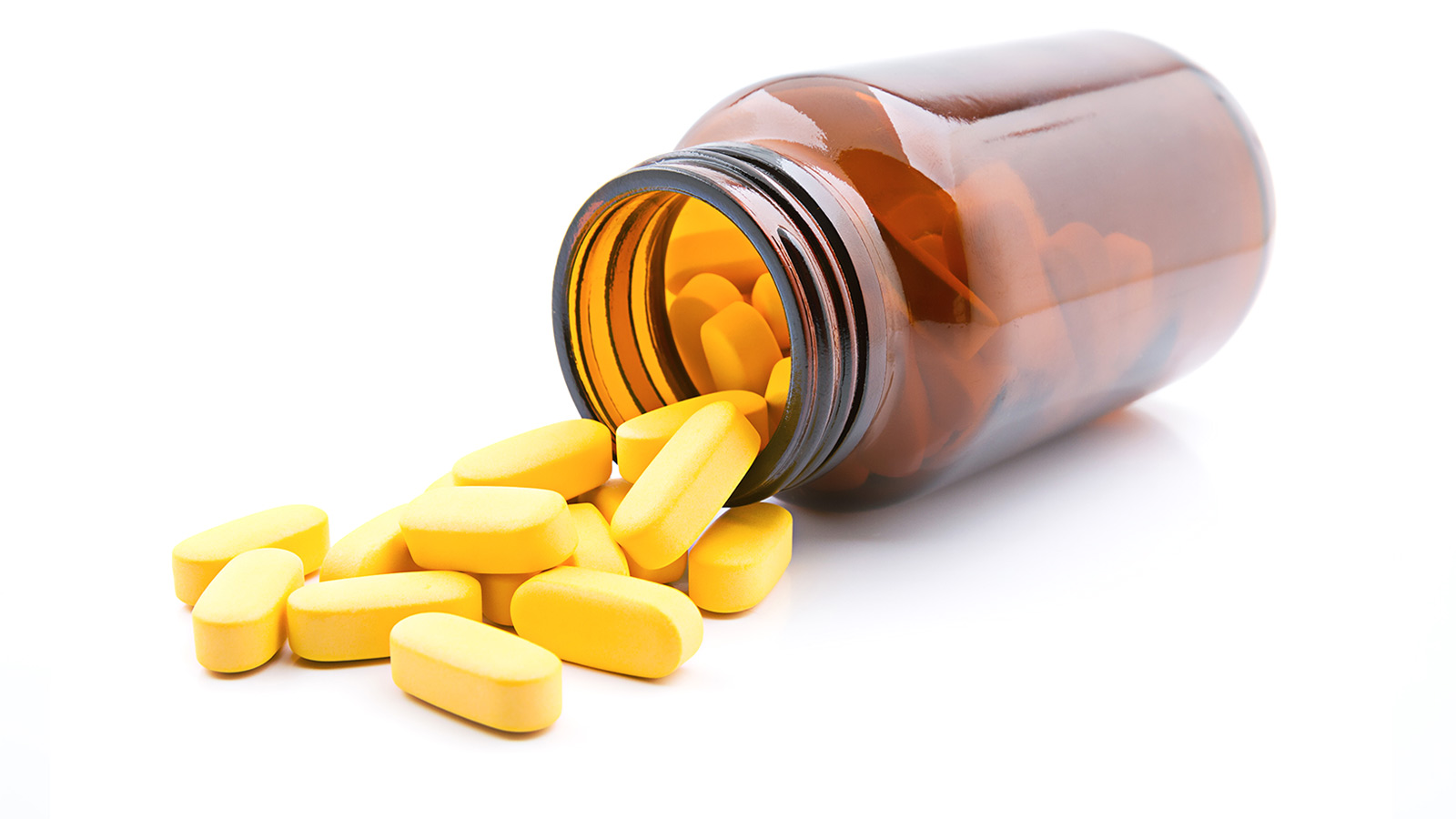Q. What is the best way to dispose of liquid antibiotics once treatment is done? Do pharmacists really have some special, better way to dispose of drugs, or are they really just flushing them? We are particularly concerned about antimicrobial resistance/antibiotics/etc. entering our water system. What is the best way to prevent or mitigate this from happening? As the mom of two little kids, this is sure to come up again and again in our household …
Kristina
Ottawa, Ontario
A. Dearest Kristina,
I do hope your little ones are feeling better. Children and germs do seem to find each other, don’t they?
Antibiotics are an excellent tool for restoring vim and vigor (when carefully prescribed and taken, of course – unnecessarily guzzling them can contribute to dangerously drug-resistant bacteria), but the leftovers certainly do become a burden. Any drug can get into local waterways if we don’t dispose of it properly, which unfortunately, happens all too frequently; the EPA has found traces of all kinds of pharmaceuticals in our lakes and streams. That icky mix comes from several sources, but one biggie is people flushing old medicines down the toilet: Sewage plants can’t always filter out drugs during treatment, so the chemicals end up flowing into the water supply.
And you’re right to be concerned about that, Kristina. For one, pharmaceuticals don’t do any favors for wild critters – they’ve been linked to problems like vulture deaths and hormone-addled fish. For two, all these extra antibiotics sloshing around can encourage the development of superbug-type germs that are harder to kill when they infect us. So, for everyone’s sake, let’s keep these drugs out of the water. I’m even toying with a snappy slogan to help spread the word. Which do you like better, “Get the MEDs out of the Mediterranean!” or “Flush a drug, feed a superbug!”?
Now, how do we keep your leftover liquid antibiotics from contributing to this mess? The very best option, according to our own EPA, is to hand them over to an official drug take-back program. Some communities have special collection days for this purpose; in others, you can drop off your old remedies at a local pharmacy or mail them in for safe disposal. Looks like you have the pharmacy option up in Ottawa; those of us down south in the States can search for local disposals here.
And I can assure you that these take-back events do not become flush-a-thons behind closed doors unless something drastically devious is going on – pharmacists are well acquainted with the risks of drug pollution. Instead, these programs typically send the drugs off for incineration as hazardous waste, keeping them well away from the water supply. But by all means, if it will ease your mind, grill your pharmacist for details on exactly where and how he or she handles these donations.
If there’s no such safe disposal program in your area, the next best thing to do is throw it away, but only if you do so carefully. Mix the antibiotics with something absorbent and/or kind of gross, such as kitty litter or coffee grounds (this helps prevent a curious child or animal from sampling it somewhere down the line, just in case), put it in a leakproof container (the original bottle, a margarine tub, etc), and toss it. But really, it’s far better and safer to go the drop-off program route.
Note: A few drugs are so dangerous – typically the ones that are frequently abused and can be fatal if taken incorrectly – that they should never be thrown in the trash. Do all you can to get them in the hands of a take-back program. Failing that, these drugs should be flushed.
Finally, Kristina, you can give yourself a hand the next time the kiddos feel under the weather by buying only the medicine you need. Skip bulk purchases, even if it’s cheaper, and ask your doctor to prescribe the smallest amount that will do the job. If you still end up with a surplus, well, you know what to do.
Penicillinally,
Umbra



